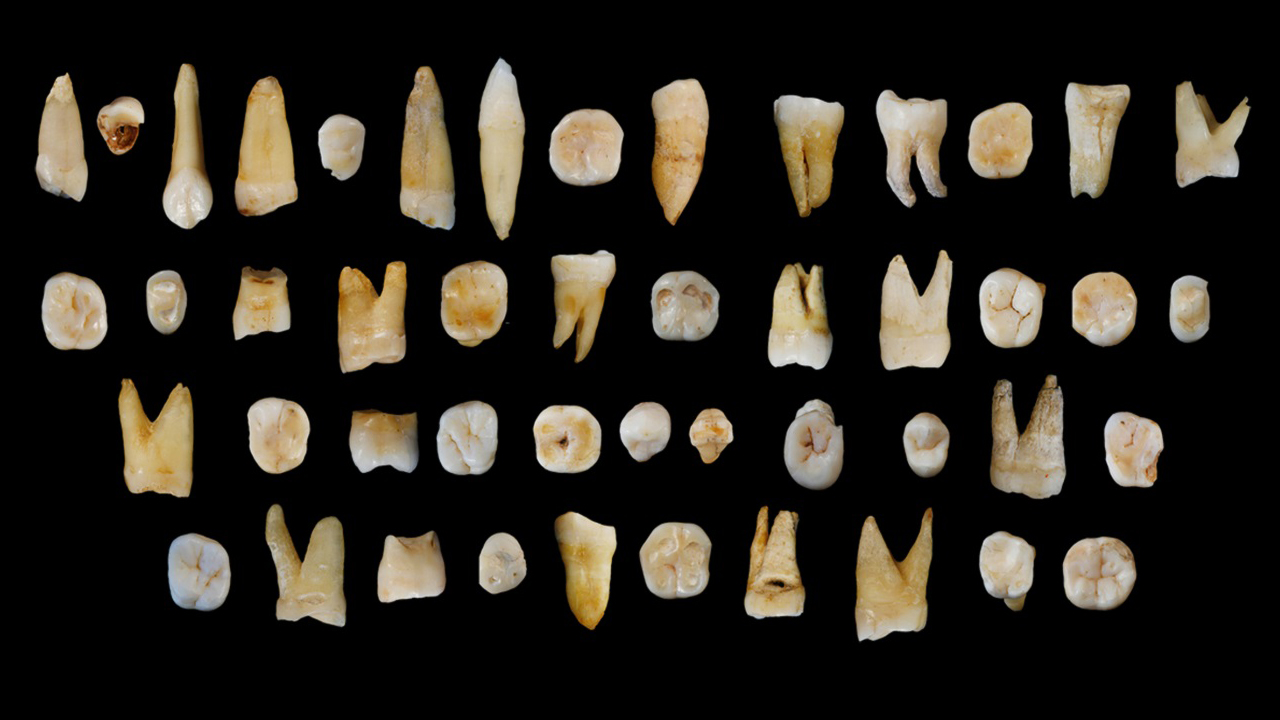1,800-year-old Roman Chariot with horses found buried in Croatia
In Croatia, archaeologists discovered the fossilized remnants of a Roman chariot that had been buried with two horses as part of a burial ritual.
A large burial chamber for an ‘extremely wealthy family’ was found in which the carriage with what appears to be two horses had lain.
Archaeologists from the City Museum Vinkovci and Insтιтute of Archaeology from Zagreb discovered the Roman carriage on two wheels (known in Latin as a cisium) with horses at the Jankovacka Dubrava site close to the village of Stari Jankovci, near the city of Vinkovci, in eastern Croatia.

The discovery is believed to be an example of how those with extreme wealth were sometimes buried along with their horses.
Curator Boris Kratofil explained to local media that the custom of burial under tumuli (an ancient burial mound) was an exceptional burial ritual during the Roman period in the south of the Pannoinan Basin.
He said: ‘The custom is ᴀssociated with extremely wealthy families who have played a prominent role in the administrative, social and economic life of the province of Pannonia.’
The discovery is estimated to be from the third century AD but the team of scientists are working to confirm its age.

The director of the Insтιтute of Archaeology Marko Dizdar said that it was a sensational discovery that is unique in Croatia.
He said: ‘After this comes a long process of restoration and conservation of the findings, but also a complete analysis of the findings.
‘In a few years, we will know a little more about the family whose members were buried in this area 1,800 years ago.
‘We are more interested in the horses themselves, that is, whether they were bred here or came from other parts of the empire, which will tell us more about the importance and wealth of this family.
‘We will achieve this through cooperation with domestic as well as numerous European insтιтutions.’





